trespass |ˈtrespəs, -ˌpas|
1. the crime of going on someone’s land without permission
2. a sin or other wrong or improper actOrigin: Middle English trespas, from Anglo-French, passage, overstepping, misdeed, from trespasser
-Merriam-Webster Dictionary
The sign hung like a threat on an old weathered gate, streaks of rust bleeding down its edges. Between the metal bars gleamed slivers of ocean and clear blue sky, lit up with rays of light. The land beyond the gate glittered like a virtual heaven, while the dust settling on the road behind me seemed just plain old dirt. The gate marked a divide, real and abstract. It marked the boundary between where I was allowed and where I was forbidden. Where I was welcome and where I was not welcome. Where I had a rightful place and where I did not belong.
So what, really, was the difference between the land beyond the gate, and the land on which I stood? It was the gate itself, the threat of it, the wagging finger telling me that I was not allowed. The rule. Tell me that I can’t do something, and I will become obsessed with proving that I can.
I spent the first part of December climbing over fences and sneaking in the shadows on the pretext of looking for surf. After breaching that first rust-ridden sign, I scaled down a steep cliff, heart pounding frantically in my chest. Down on the beach, the waves were massive, a steady offshore wind blowing billows of spray above the horizon line. I paddled straight into the pack at the outside peak, with a tight smile and grim determination.
In Santa Cruz, this approach has gotten me into some trouble. A few of the men that have been surfing there for years impose an unwritten rule that I should sit on the inside where the waves are smaller, and forage for scraps. They enforce this rule by manipulating the time-honored surfer doctrine that whoever takes off deeper on the wave has the right of way. For years, I watched these men go on wave after wave, thinking that if I just learned to take off deeper, one day I might get a turn. Not so. Back from 6 months of surfing in warm water, I was taking off a lot deeper. But I learned quickly that taking off deeper was not the answer, as someone dropped in on me and barked that it wasn’t my turn.
So as I paddled out that day in super size surf, my goal was to carve out an equitable place for myself in the lineup as discreetly as I could, despite the fact that I was the only girl – and not just any girl, but one who had crossed into territory where I was not welcome. I waited a respectful amount of time before I paddled for a wave, and when I finally did, I gave it everything I had. It was a wave no one else wanted, because it walled up steeply, looking as if it was going to close out and detonate across the whole bay, guaranteed to deliver a violent and drawn-out underwater beating to whoever dared to challenge its power. And after I dropped into it, that’s exactly what it did.
Submitting to the beating was a calculated investment. It implied that I was serious, and that I was willing to pay to play. After that, there were shouts of Go! when I paddled for set waves, and compliments when I made them. As I staggered through the rocks in the dark, back to my side of the gate, I was giddy with happiness at having crossed barriers, both real and abstract.
It wasn’t long before I breached another menacing gate as my friend Jason lead the way on another surfing excursion. This one was marked with hand painted block letters: NO TRESPASSING. We passed our boards through the slats and continued on. The landscape glowed in the magnificent golden light of a quintessential California morning. But the waves were torn up by a nasty onshore wind, so we trekked back to the fence with our hair still dry.
During the second half of December, I inadvertently found myself at the threshold of another fence, in my friend Shannon’s van on a last minute surf trip to Mexico. A large metal gate topped with barbed wire slowly rattled open, granting us passage into a gated community in Northern Baja. Situated on cliffs above a surf break, our dwelling was presided over by a giant plastic statue of Jesus, his benevolent arms extended toward the ocean. In an area rife with crime and poverty, the gate seemed a necessity, but encased safely on the exclusive side of the wall scarcely a week after I’d scaled a similar barrier, I couldn’t help but notice the irony.
The next morning, we lounged on the deck, watching the waves break at our feet. The day was sunny and clean, the flawless ocean a vast blue kingdom from our virtual throne atop the deck. Shannon surfed in front of the house while I made my way up to the north break. The tide was getting a little too low for the northern reef, so there weren’t many takers. But I seized the opportunity to surf alone, with only the big plastic Jesus for company. As I gazed silently at him, I remembered a prayer from childhood: Forgive us our trespasses, as we forgive those that trespass against us.
Shannon and I crossed back into the United States on Christmas Day. As we waited in line at the Tiajuana border, Mexicans knocked hopefully on the windows of the van, holding up baskets, blankets, cookware, clothing, every imaginable trinket and commodity that we might possibly buy. They shivered visibly in the cold, crisp air as we shook our heads at them. “No, gracias,” we mouthed through the windows as the heater blasted a rush of hot air into the cab. When we reached border patrol, Shannon rolled down her window to hand our passports to the guard. The heat of the interior rushed out as he gave our passports an apathetic glance.
“How long were you in Mexico?” the guard asked.
“A few days,” Shannon replied.
“What were you doing there?”
“Surfing.”
He handed our passports back through the window, and with a wave of his hand, we were through. Up went the window as the heater began to warm the interior and the van coasted past the tall fence that separated Mexico from the United States. Looking across the bay to San Diego, I thought of my Mexican friends who spent months applying for visas, who swam across that very bay when their visas were denied. How much higher the stakes were for that kind of trespassing.
Back from Mexico, I received an invitation to drive past that old weathered gate and rust-ridden sign. My heart didn’t pound frantically in my chest as I drove through the gate down the gently winding road. This time, I was not trespassing. The ocean was flat as a lake, with barely a wave in sight. Though I did surf that day, it was more for the novelty – the opportunity to legitimately surf a place where the ability to legitimately surf again was uncertain.
After returning home, I sent out an email expressing thanks for the invitation. I also attached a rough draft of this post asking for permission to publish it and indicating my intention to maintain the secrecy of the place. The scathing response indicated that permission was not granted, and furthermore, that I would never be invited back. Nothing I said could remedy the situation.
I struggled with the idea of trashing the post altogether. Of playing by rules conveyed in disrespect, rules which demanded that I act respectfully. But in crossing the threshold that day, I realized that I had unwittingly submitted to the very ideology I had been striving to overcome.
Confused and conflicted, I reached out to a trusted mentor for advice. He said that some people are bound to get upset no matter what you do, and in the end you have to make your own decisions about what you think is right.
So I did what I thought was right. I removed every descriptive detail of the place in question, but I was still compelled to write about my experience. The place is not what it was – and is – essentially about. It is about barriers, physical and abstract. It is about fences that are meant to keep us out, and fences that are meant to keep us in. It is about trespass, segregation, and respect. And the wish that lives within each of us as we endeavor to be included without sacrificing our own integrity – the wish that someday, somehow, we will belong.
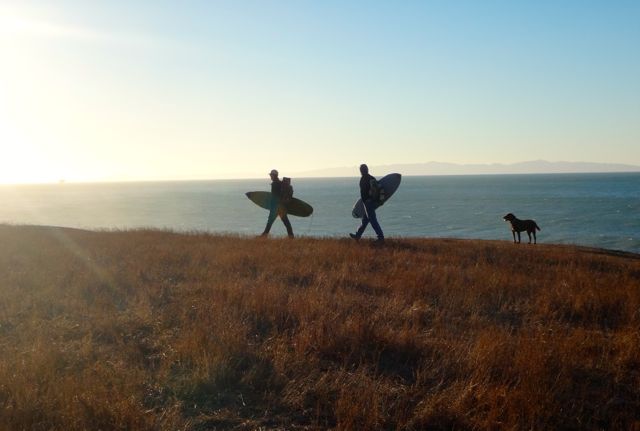
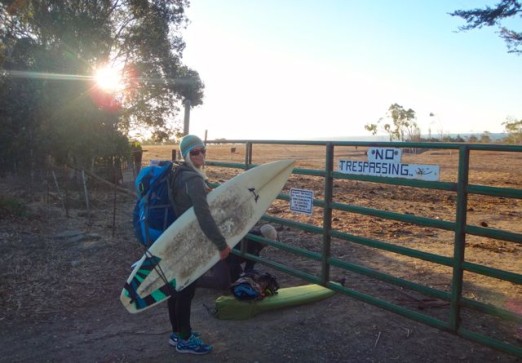
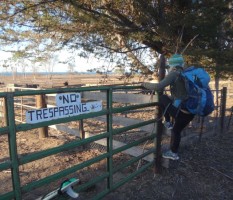
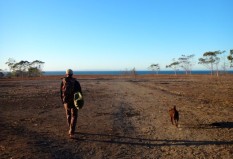
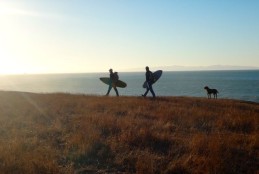

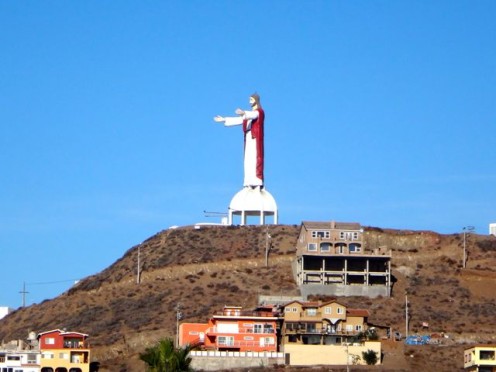
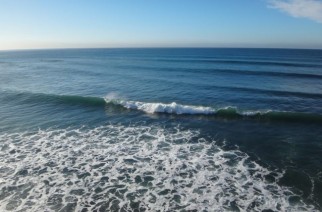
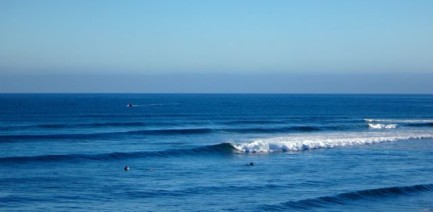
Aloe, thanks for the inspiration! 🙂
I like to be in places and with people who are open. That way the possibilities are infinite…
Nice story Aloe! Glad you decided to cross that verbal No Trespass sign to publish it.